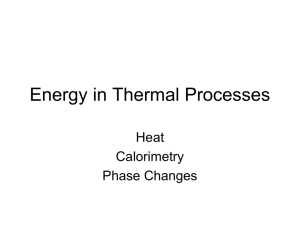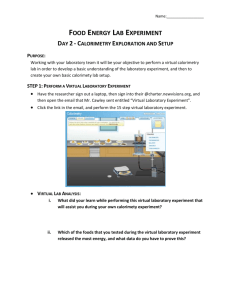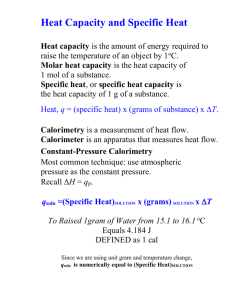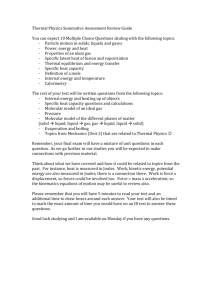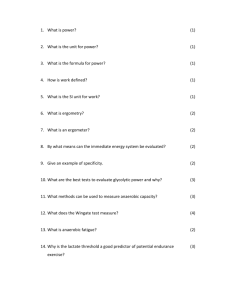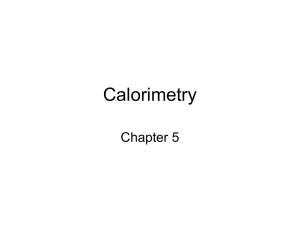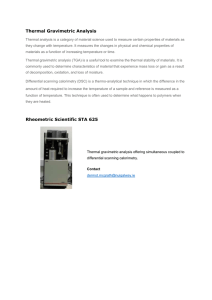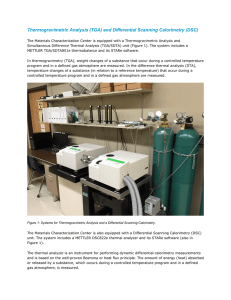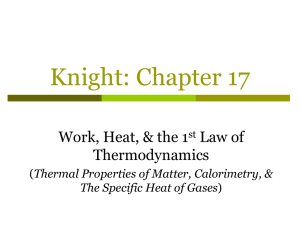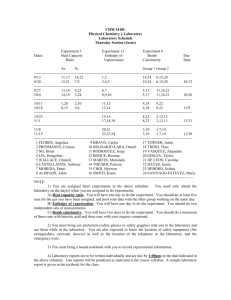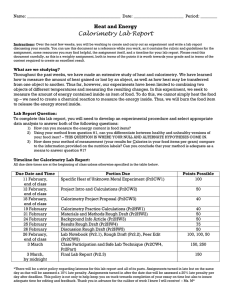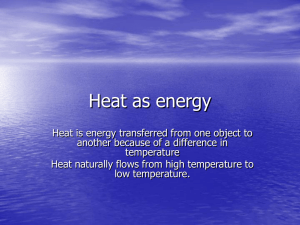Reaction Calorimetry Everywhere
advertisement
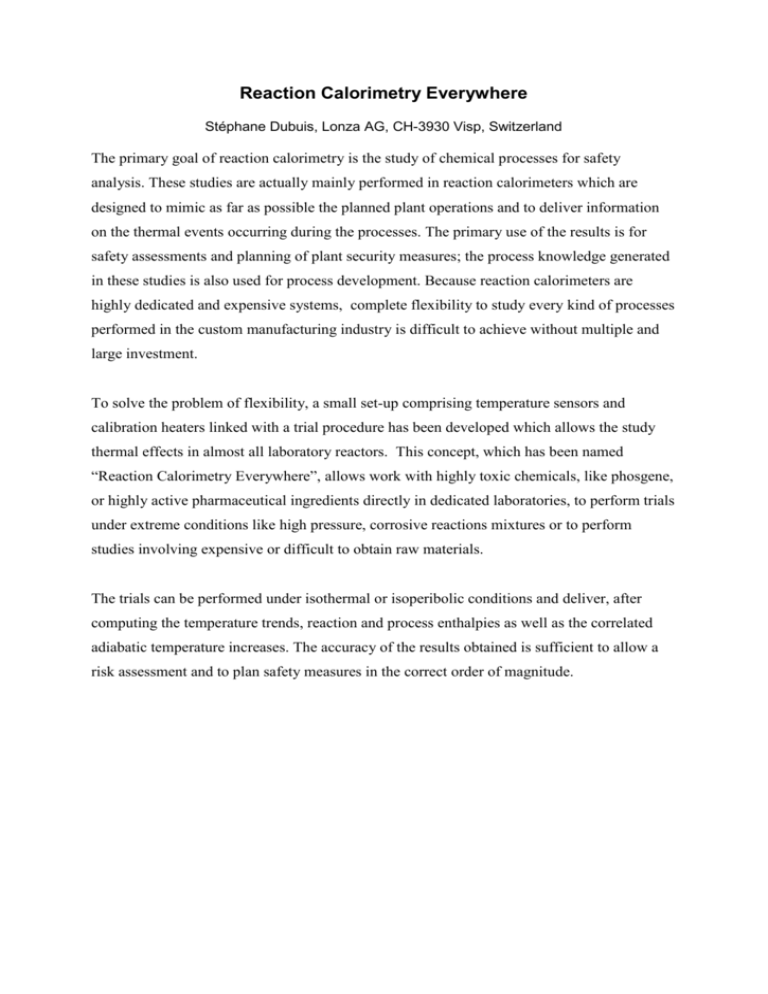
Reaction Calorimetry Everywhere Stéphane Dubuis, Lonza AG, CH-3930 Visp, Switzerland The primary goal of reaction calorimetry is the study of chemical processes for safety analysis. These studies are actually mainly performed in reaction calorimeters which are designed to mimic as far as possible the planned plant operations and to deliver information on the thermal events occurring during the processes. The primary use of the results is for safety assessments and planning of plant security measures; the process knowledge generated in these studies is also used for process development. Because reaction calorimeters are highly dedicated and expensive systems, complete flexibility to study every kind of processes performed in the custom manufacturing industry is difficult to achieve without multiple and large investment. To solve the problem of flexibility, a small set-up comprising temperature sensors and calibration heaters linked with a trial procedure has been developed which allows the study thermal effects in almost all laboratory reactors. This concept, which has been named “Reaction Calorimetry Everywhere”, allows work with highly toxic chemicals, like phosgene, or highly active pharmaceutical ingredients directly in dedicated laboratories, to perform trials under extreme conditions like high pressure, corrosive reactions mixtures or to perform studies involving expensive or difficult to obtain raw materials. The trials can be performed under isothermal or isoperibolic conditions and deliver, after computing the temperature trends, reaction and process enthalpies as well as the correlated adiabatic temperature increases. The accuracy of the results obtained is sufficient to allow a risk assessment and to plan safety measures in the correct order of magnitude.
